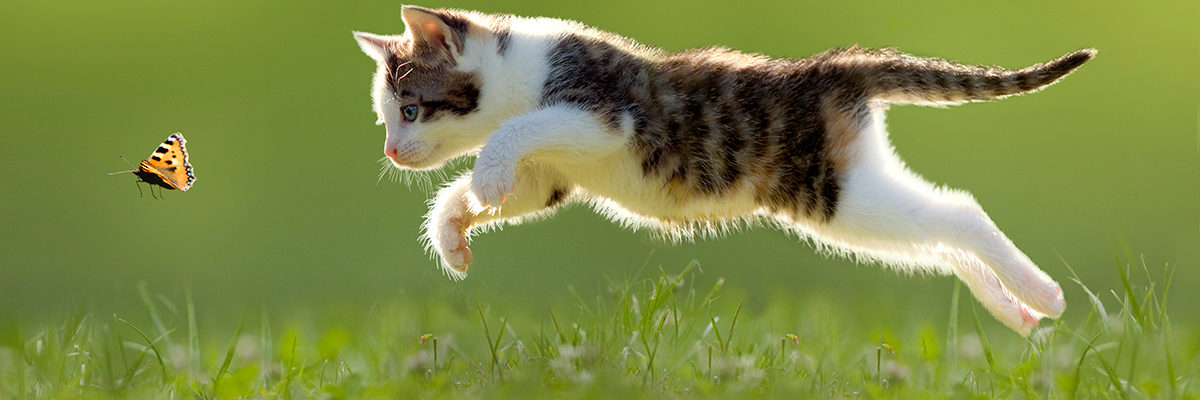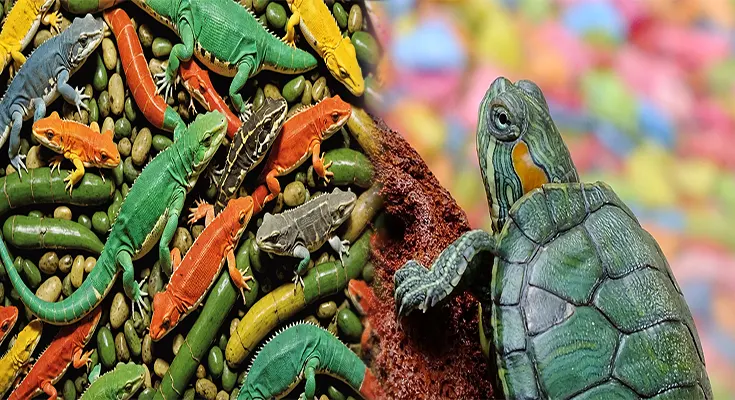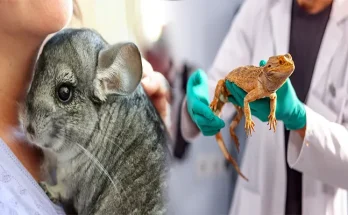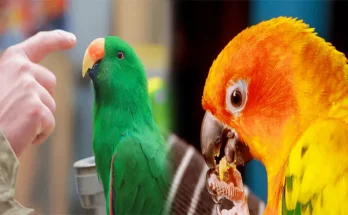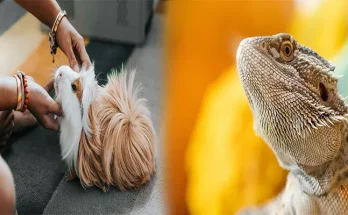The care and maintenance of exotic reptiles and amphibians require careful consideration of their dietary needs to ensure their health and well-being. These unique creatures have specific nutritional requirements that differ from those of traditional pets, making it crucial for exotic pet owners to understand and cater to their dietary needs. In this article, we will explore the essential nutritional requirements for exotic reptiles and amphibians, providing valuable insights into how to best support their dietary health.
1. Understanding the Role of Vitamins and Minerals
Exotic reptiles and amphibians require a balanced intake of vitamins and minerals to support various physiological functions. Calcium, for example, is particularly crucial for the skeletal health of reptiles such as tortoises and lizards. Insufficient calcium can lead to debilitating conditions like metabolic bone disease, highlighting the importance of ensuring proper supplementation in their diet. Similarly, amphibians such as frogs and newts require adequate levels of vitamin A for vision and immune function.
2. Protein and Amino Acids
Protein is an essential component of the diet for many reptiles and amphibians, serving as a source of energy and supporting muscle development. Insect-eating species like chameleons and certain frogs rely heavily on protein-rich diets. Furthermore, ensuring a varied intake of amino acids is vital for these creatures, as different species may have specific amino acid requirements that must be met through a diverse diet of insects, worms, and in some cases, small vertebrates.
3. Consideration of Herbivorous and Omnivorous Diets
The dietary preferences of exotic reptiles and amphibians vary widely, with some being primarily herbivorous, others strictly carnivorous, and many falling somewhere in between as omnivores. For herbivorous species like iguanas and tortoises, a diet rich in leafy greens, vegetables, and fruits is essential for meeting their nutritional needs. Meanwhile, omnivorous reptiles such as bearded dragons and certain species of turtles require a balanced combination of plant matter and protein sources to thrive.
4. Supplementation and Gut Loading
In addition to providing a well-rounded diet, supplementation and gut loading play pivotal roles in meeting the nutritional requirements of exotic reptiles and amphibians. Gut loading involves feeding prey items nutrient-rich foods before they are offered to the reptiles or amphibians, ensuring that the prey is packed with essential nutrients. Similarly, supplementing the diet with vitamins and minerals can help bridge any potential gaps in their nutritional intake, especially when captive diets may lack certain nutrients found in the wild.
5. Consultation with Exotic Veterinarians and Reptile Nutritionists
Given the diverse dietary needs of exotic reptiles and amphibians, consulting with experienced exotic veterinarians and reptile nutritionists is highly recommended. These professionals can provide valuable guidance on species-specific nutritional requirements, diet formulation, and the appropriate use of supplements to maintain the health and longevity of these unique pets.
The nutritional requirements of exotic reptiles and amphibians are diverse and complex, necessitating a deep understanding of their dietary needs. Providing a well-balanced diet that aligns with their natural feeding behaviors and supplementing as needed is imperative for the overall health and longevity of these captivating creatures. By prioritizing their specific nutritional needs and seeking expert guidance when necessary, exotic pet owners can ensure that their reptiles and amphibians thrive in captivity.

